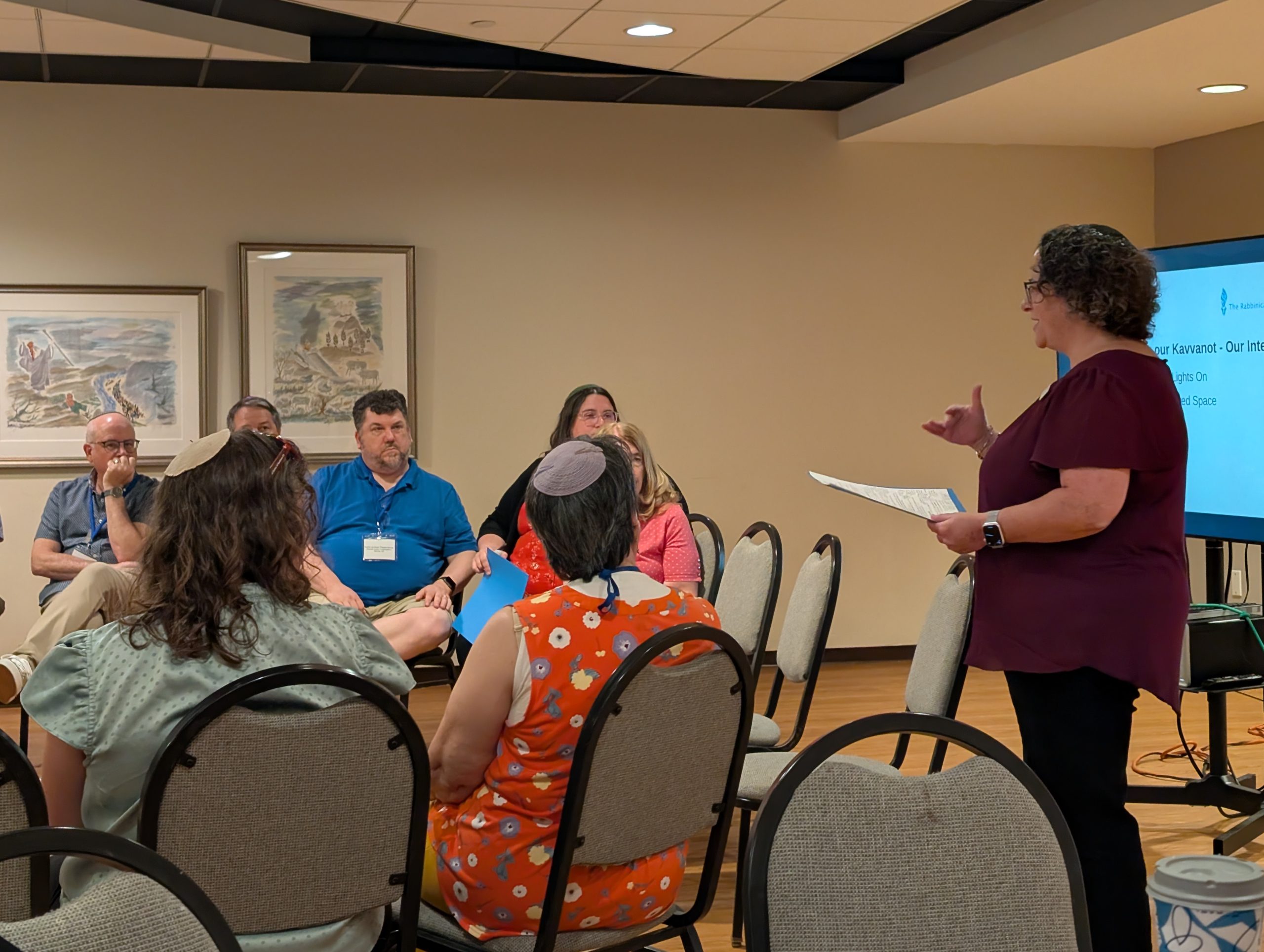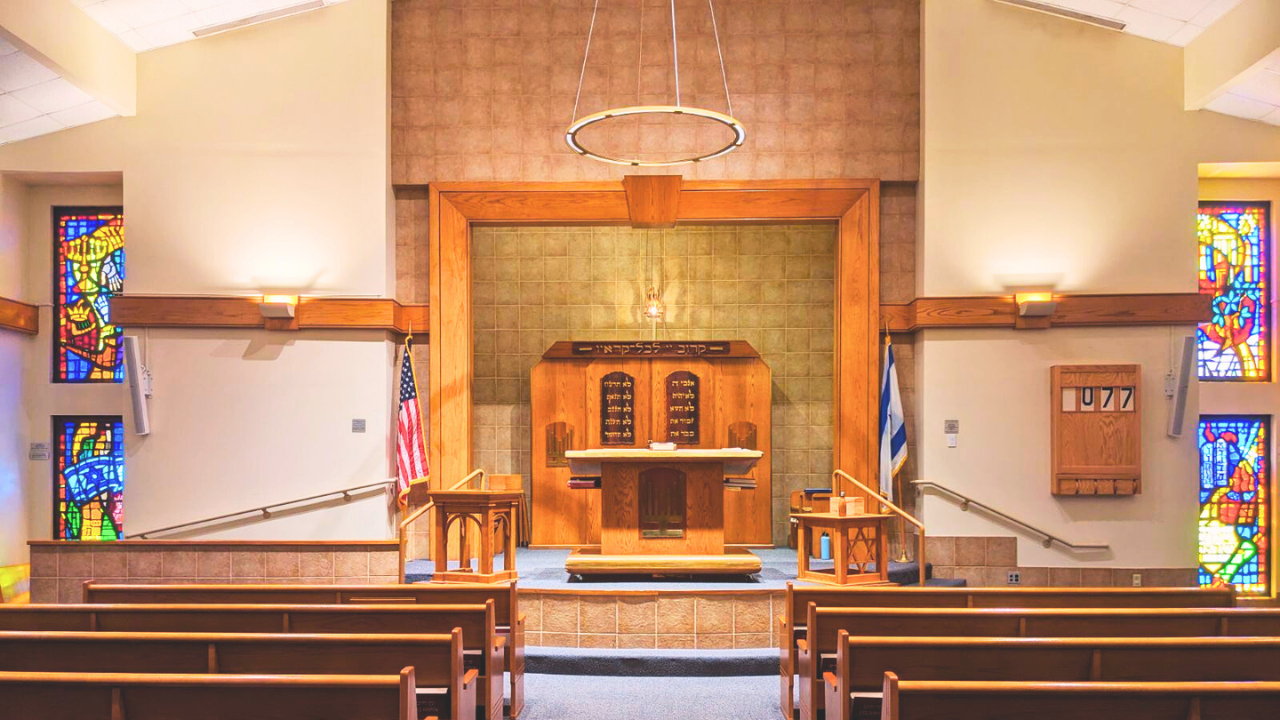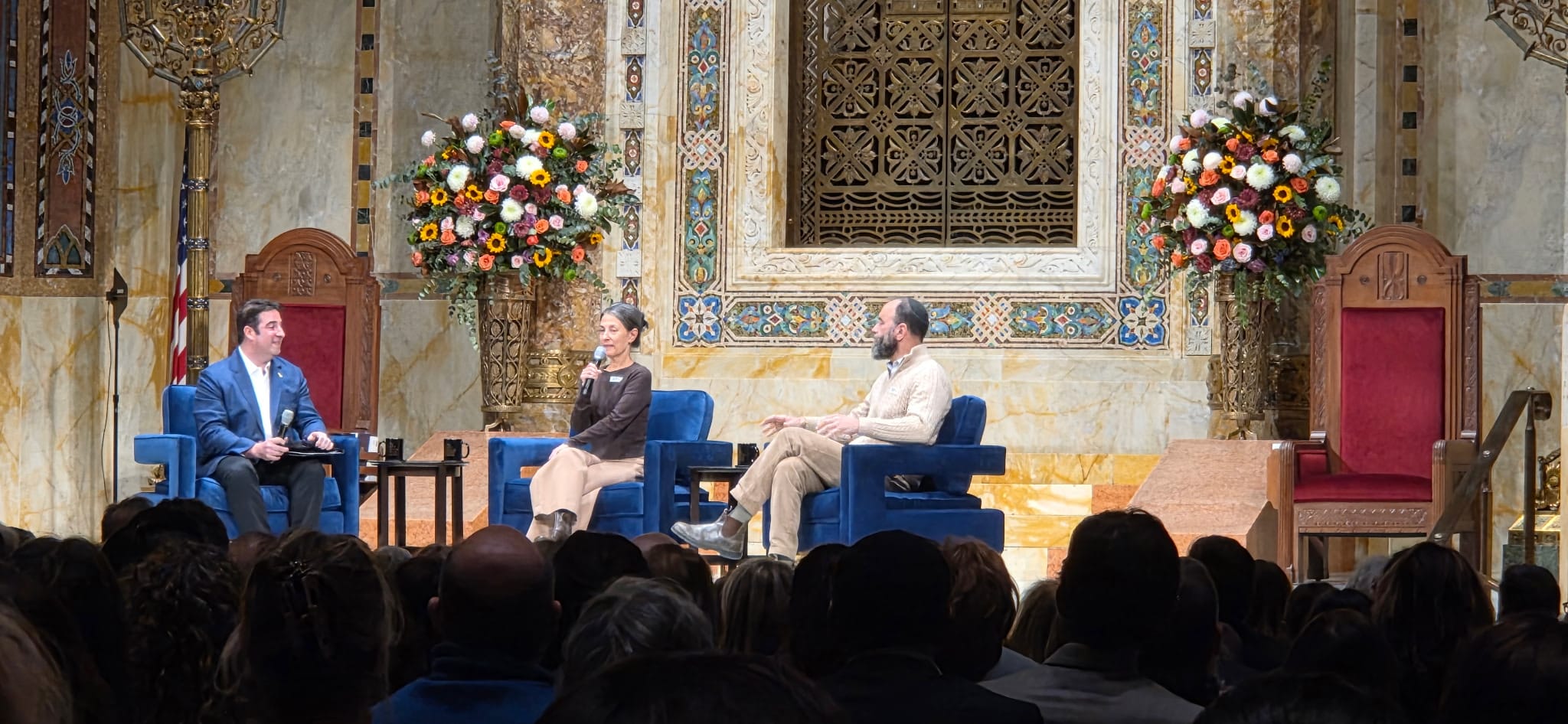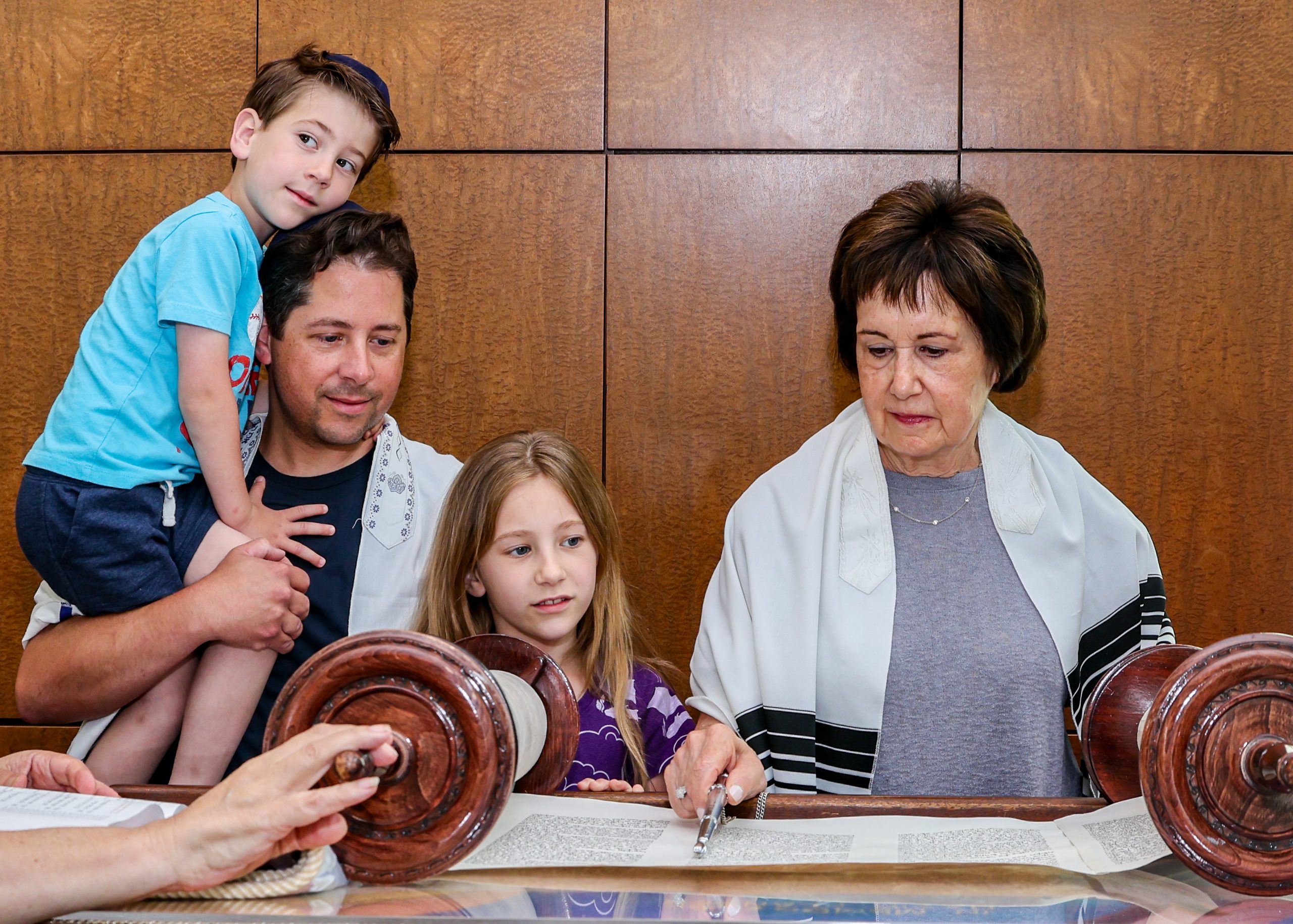
By David Harrison, Immediate Past President, Beth El Congregation (Baltimore, MD)
As the great hot summer of 2023, with its attendant humidity, slowly gives way to a more comfortable air mass, slightly fewer hours of daylight and a not-yet-visible suggestion in the trees that leaves are about to discolor and drop, there is no mistaking what time it is on the Jewish calendar.
Time to give the Yom Kippur address.
For many congregation presidents, that’s enough to set off a mild (or more than mild) panic about what has become a rite of passage.
But it needn’t be a negative experience. In fact, it’s a time to establish your connection to the congregation, to update the members on the events of the last year, and to (gulp!) ask for money.
In this post, I’m happy to offer suggestions on how to prepare for the day to get the most out of the moment. And I’ll admit, the two times I spent on the bimah speaking in front of 3,000+ people during each Yom Kippur that I was president were the highlights of my term. I guess I’m a strange bird.
But I digress.
Here are a number of tips to help you get through the day and your congregation to 5784 with a nice start.
#1. Understand that nervousness and excitement are the same thing.
You are about to stand on a bimah on the holiest day of the year as your clergy and hundreds (thousands?) of people wait on your words. There would be something wrong if your heart wasn’t racing, a little sweat coming out of your pores. Fortunately, if you give your speech on Yom Kippur, there’s more than good reason you can’t quite eat anything.
Is that nervousness or excitement? Yes.
Think about getting on a rollercoaster, if you have ever been so inclined. That long climb up is scary, but the ride down is exhilarating. That’s why you got in line in the first place.
So instead of focusing on the ride up — the anticipation you will feel in the days before your speech — think about the exciting outcomes that will come from your remarks, the rejuvenation that your members will feel, the pride you will demonstrate that they should have in their shul, and yes, the financial support that will come in.
#2 Preparation is an antidote to anxiety
Because you are a dedicated congregation president, you wrote this speech well in advance. You summarized the achievements of the year, the upcoming milestones, and the need for financial and other types of support. You typed it up, edited it, made some changes, printed it out, put it in a folder and there it sits on your desk, ready to go.
It may be ready to go, but you aren’t.
Three thoughts here:
- A speech is not read from the page, it’s spoken.
- The first time you do something is always the most challenging
- Be grateful for earbuds
Do you know how paramedics stay calm when they’re out on an emergency call and someone is bleeding out, or trapped under a car, or under cardiac arrest? They’ve done it before. They participate in mock drills, with simulated experiences that get the adrenalin pumping. It’s realistic: they’re in the moment, they practice their skills.
Practicing your speech is not reading your speech. A speech is something that is verbally conveyed. So don’t let Yom Kippur morning be the first time you’ve ever heard your speech.
And here’s where earbuds come in. Everybody’s got earbuds today, and no one looks strange when they’re walking around talking out loud.
It will look like you are on the phone talking to someone else instead of manically talking out loud to yourself.
The point is you need to hear your speech, learn your cadences. Where will you pause? When will you take a breath to look up from your notes and make eye contact with your audience? I could go on and on about eye contact; it’s critical to successful delivery. Don’t just look up, look around the room and at people directly so that they feel invested and involved.
There is no limit to how many times you should read your speech out loud, really, out loud with voice. Do it so many times that you actually get bored listening to your speech. Then, you’re ready to give it.
#3: Breathe
I mean it. It sounds hokey and new age-y, but seriously, taking control of your breathing will give you control of your moment. In the moments that run up to your speech, take 10 long, deep breaths. Inhale and exhale slowly. And I bet you that a sense of calm will come over you before you get to 10.
You’re going to do great. Happy and Healthy New Year.
David Harrison is president of Harrison Communications, a marketing and public relations agency. He is also the Immediate Past President of Beth El Congregation (Baltimore, MD), a community of 1,500 families.










